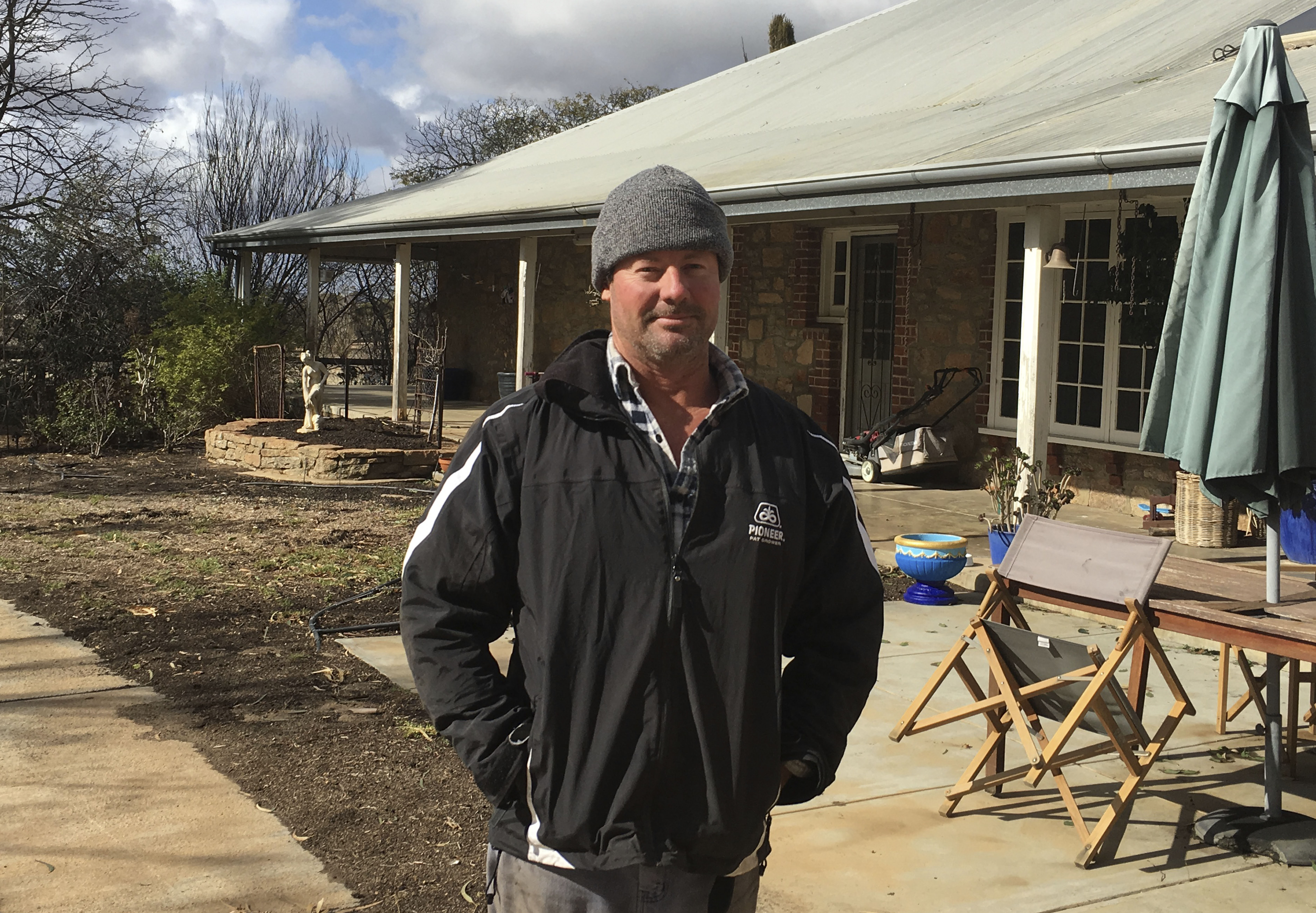Mixed farmer Kane Page from Pingelly is one of the demonstration farms participating in the Optimising fodder project. The project is aiming to improve ground cover and address feed gaps through the use of fodder, pastures and summer cropping options.
Kane and his family have recently taken on a new property in Brookton and Kane told us this new property is affected by many of the soil constraints farmers in this region face.
Working with a relatively blank canvas, Kane is looking forward to his planning for the new property being enhanced by the opportunity to work with a farm planner through this project.
Key priorities will be strategies for filling the autumn feed gap for stock as well as lowering the water table and tackling salt affected areas.
Exploring shrubs that can have an anti-methanogen impact on the greenhouse emissions from livestock is an interest as well as understanding the impact native shrubs can have on sheep health and nutrition.
Kane is also keen to share his interests and findings with the Wheatbelt farming community through the project.
The Details
The Page Family operate a 3800ha mixed farming enterprise with a self-replacing flock of 5000 merino ewes.
Land use is fairly evenly split between crop and pasture, sowing around 1600 ha of wheat, barley, oats, oaten hay, and legumes over the winter growing season.
Over summer, Kane has been supplementing his stock by putting around 300ha into pastures and using sudan grass over the summer.
The family have been making gradual improvements over several decades at their Pingelly farm.
They manage to reduce wind and water erosion, control feral animals, reduce nutrient run-off and they use a minimum till approach to cropping.


